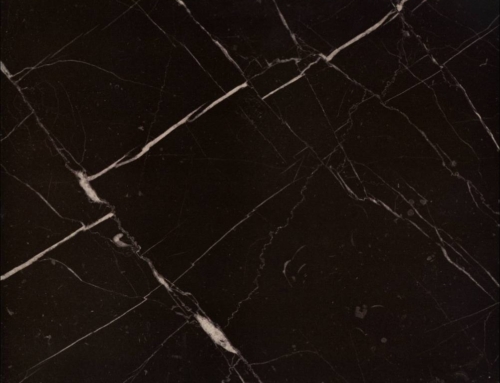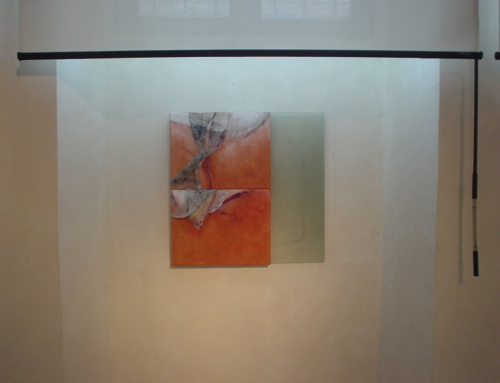People are increasingly staring into bright screens long into the night. Smartphones, laptops and all kinds of electronic screens have become brighter and bluer over the past couple of decades because of the addition of powerful blue LEDs. Thus promising disruptions of circadian cycles, sleep, and in the long run, probably damaging vision and eyesight. During the day, when blue light is already naturally plentiful, a little extra exposure from electronic screens should not make much of a difference to anyone’s physiology. The negative impact arises with nightfall.
Researchers have maintained for several decades that strong light of any kind can suppress melatonin, the hormone the brain produces at night to induce sleepiness. More recent studies show that blue light suppresses melatonin more effectively than any other visible wavelength, potentially leaving people more alert when they would otherwise start feeling drowsy.





